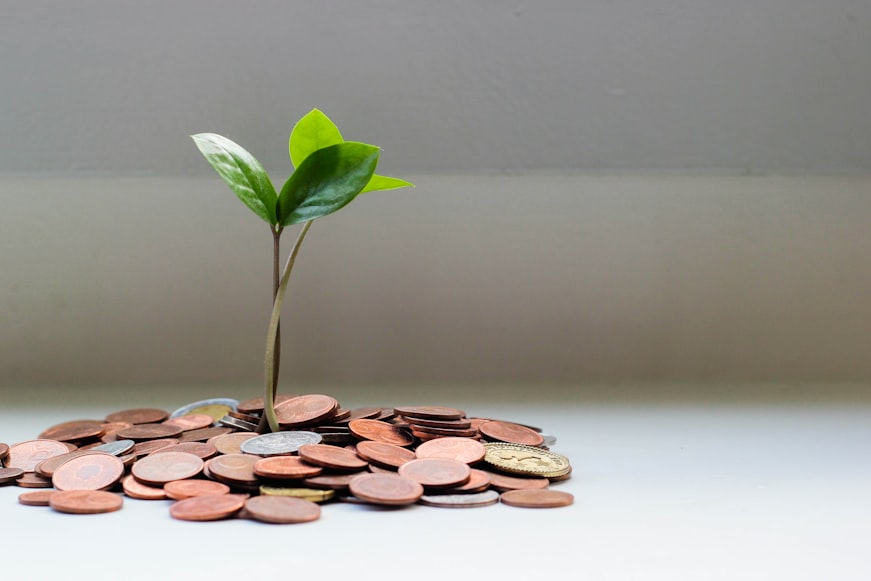The saying is true: old habits die hard. And that saying applies to financial habits, both healthy and unhealthy, for those of us who are in debt.
Healthy financial habits are conducive to living the lifestyle you want without wasting money or going further into debt when you don’t have to. Healthy financial habits include spending within your means, saving when possible, and setting aside money for emergencies, the future, and your dependents (for instance, setting aside money for your kids to attend college).
Unhealthy financial habits are essentially the opposite of healthy financial habits. They include relying too heavily on credit, taking unnecessary financial risks, using too many credit cards, borrowing money from friends and family, as well as simple things like spending $20 on a meal or $6 on a coffee when you could quickly cook or make coffee at home.
Unhealthy financial habits can engender dire consequences, like bankruptcy, whereas healthy ones can lead to a better quality of life for you and your loved ones.
Changing Your Habits
We are indeed creatures of habit. Habit formation [no follow link] can occur unconsciously, our unconscious habits can quickly become intuitive ways of behaving, and changing our automatic ways of behaving can be difficult.
Of course, if you’re in debt, there are ways to achieve financial freedom. For instance, you could refinance your debt by enrolling in a Debt Consolidation Program or taking out a debt consolidation loan.
But many of us don’t achieve financial freedom because our habits privilege immediate gratification over long-term goals.
Fortunately, it’s entirely possible to change our habits. To do so, however, we must change our habits in specific ways.
We often try to change our habits in the wrong ways. Consider one of the most popular New Year’s resolutions: we tell ourselves that we’ll start going to the gym three times per week this year.
The problem with this resolution is that it sets the bar too high and ignores the many small steps it will take to jump over it.
Developing healthy habits isn’t so much about willpower as changing our behavior in small, gradual, and realistic ways.
When trying to change our habits, a better approach is to set the bar so low we can’t fail. In other words, it’s best to start small and slowly build our way up from there. It also helps to reward ourselves.
The same holds for developing healthy financial habits.
Just as we are more likely to start going to the gym three times per week when we identify the many gradual steps it will take to do so, so too are we more likely to start spending and borrowing wisely when we identify the small steps it will take to reach financial freedom.
In the first case, our goal is to get physically and mentally healthier. In the second, our goal is financial wellbeing.
In both cases, we pursue what we want by identifying how to get it.

Leave a Reply